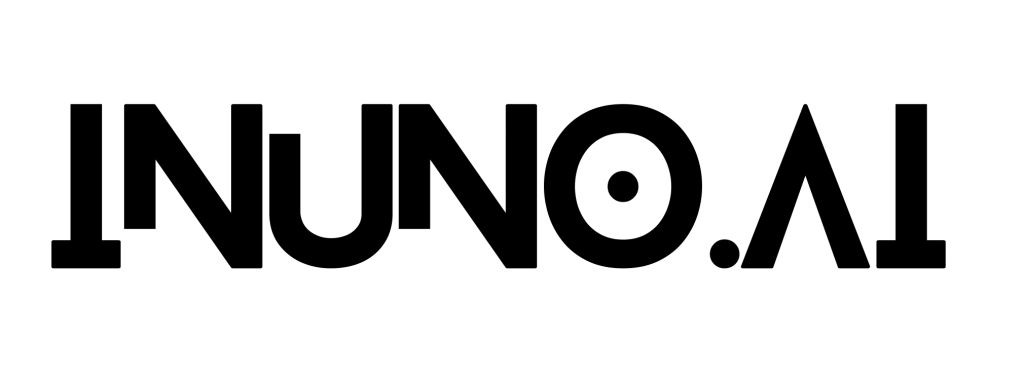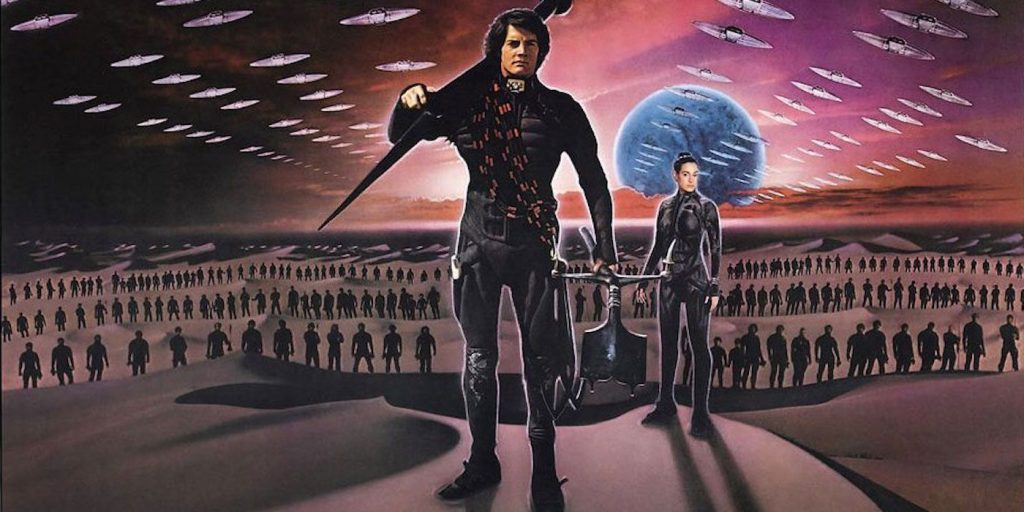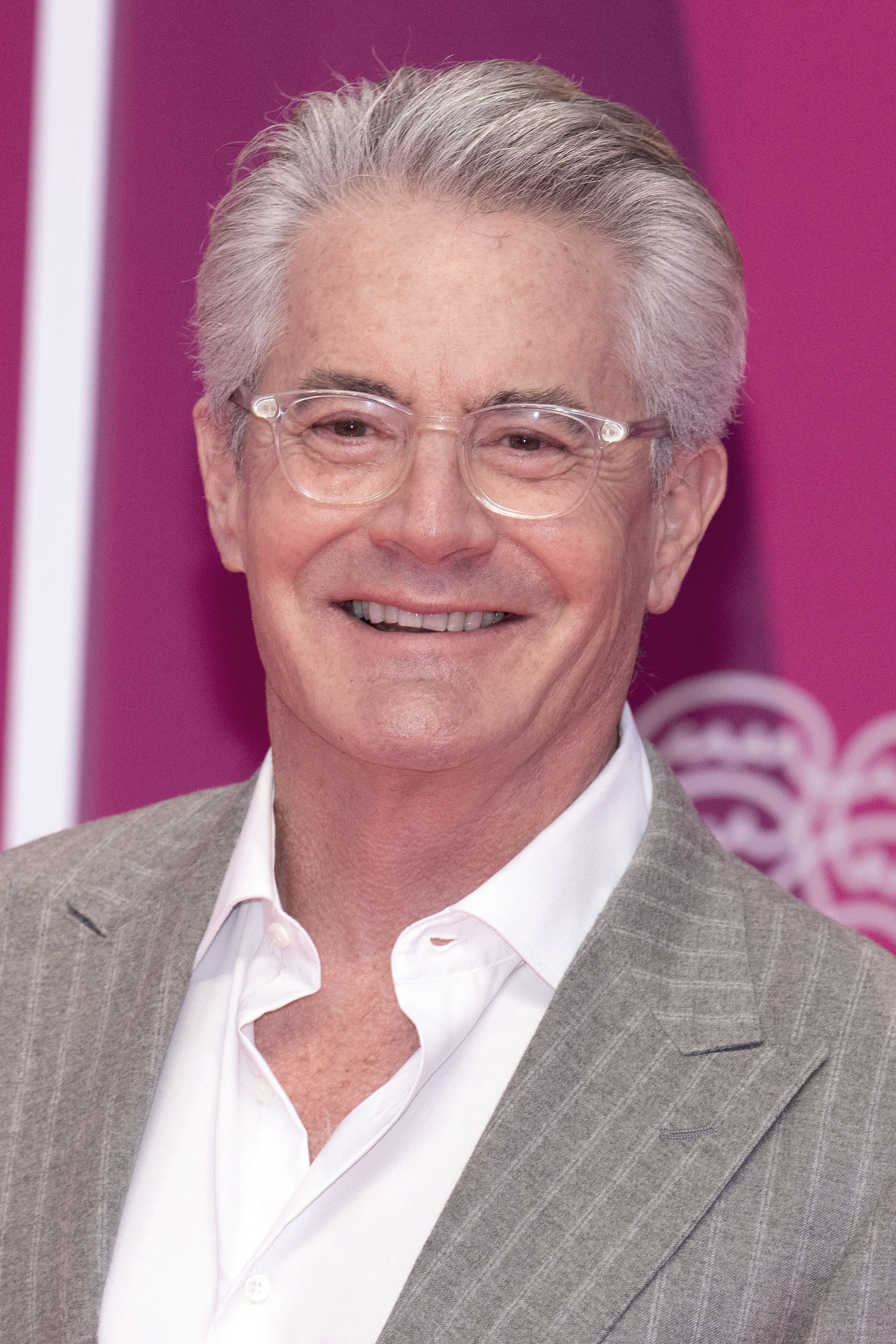The most infamous film of the late David Lynch is undoubtedly Dune, the ambitious first adaptation of Frank Herbert’s novel that crashed and burned upon release in 1984. Lynch himself refused to talk about the experience, which ended with the movie being taken out of his hands and recut. Thankfully, his career survived, and his next film — 1986’s Blue Velvet — has since become a classic. Dune has been left as a curiosity, with the recent two-film adaptation from Denis Villeneuve outranking it in every way.
Despite that and Lynch’s public disavowal of the film, the 1984 version of Dune has assets of its own. Unquestionably a failure, its ambition and scope carry real power, as well as a glimpse of what someone like Lynch could accomplish with an A-list budget. Had he completed the film as he wished, it might have changed everything, and from time to time, viewers can spot glimpses of the classic it could have been. It makes his version of Dune a fascinating experience, despite all of its failures and flaws.
Dune Was Considered Unfilmable
Lynch’s Film May Have Been Doomed from the Start
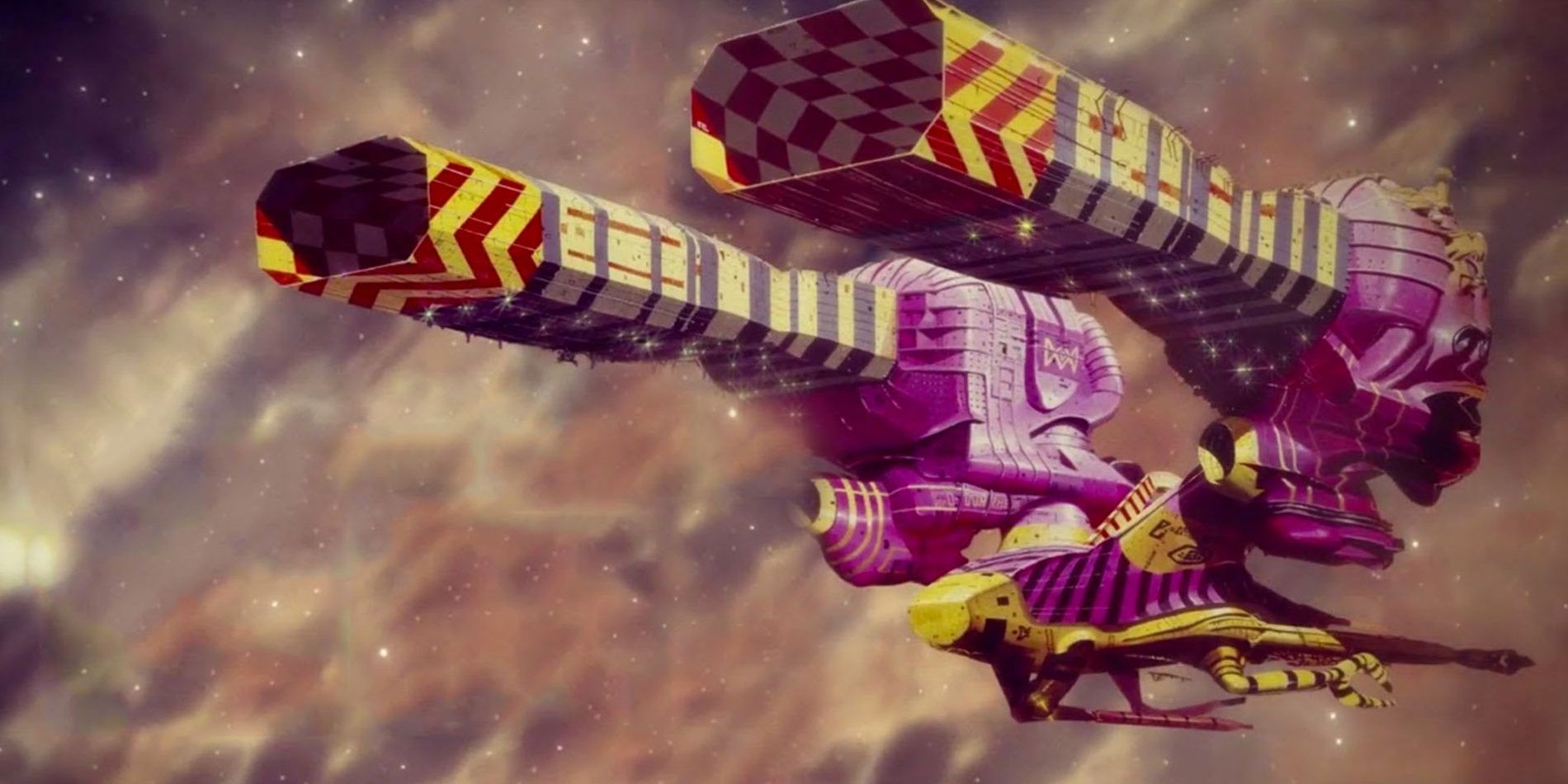
Herbert’s novel had long been the subject of potential adaptations, notably French director Alejandro Jodorowsky’s ambitious effort in the 1970s. It stalled after funding ran out and Italian producer Dino Di Laurentiis acquired the rights. Ridley Scott developed a screenplay for the project with the intention to direct, but left after a death in the family and eventually went on to helm 1982’s sci-fi classic Blade Runner. Lynch was hired in 1981 after Di Laurentiis’s daughter and co-producer Raffaella saw The Elephant Man, and was convinced he was right for the job.
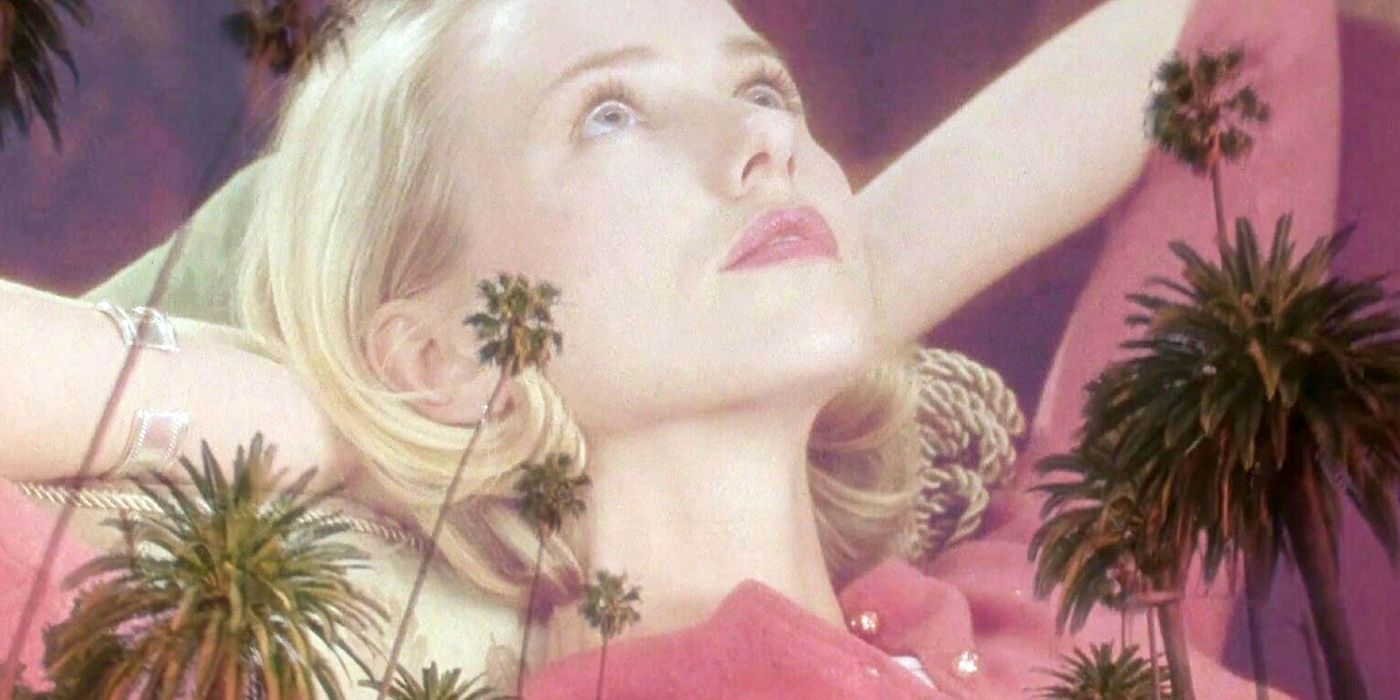
Related
“The Chips Were Down”: Naomi Watts Says David Lynch Saved Her Career
Naomi Watts has credited the late David Lynch with saving her career when he cast her in Mulholland Drive.
Production ran for over six months and was plagued with problems, which resulted in a four-hour rough cut that was intended to be worked down to just under three hours. At the time, that was unacceptably long for a commercial film, and Lynch was forced to cut it down to two hours. That entailed a number of compromises which essentially demolished the film. Herbert’s detailed world requires a lot of exposition, which is normal today in the wake of franchises like The Lord of the Rings and the Marvel Cinematic Universe.
Such a dilemma required making use of voice-over and other similar techniques, which dragged the film down interminably. The short running time also meant that events moved very quickly, even as the audience was swallowing a huge amount of world details in a very short amount of time. For comparison, Villeneuve’s first two Dune movies ran a total of 321 minutes, or a little over 5 hours. Lynch’s version had to tell the same story in 137 minutes — less than half the length of the newer pair.
Dune Became a Cult Classic Over the Years
The “Failure” Holds Strong Elements
Critics raked the film over the coals upon release, and not without good cause. It similarly bombed at the box office, failing to recoup its budget of $40+ million and scrapping plans for sequels. It’s easy to pile on to an expensive flop, and frankly, the 1984 Dune makes an easy target. The lexicon overwhelms the story, the political machinations are truncated and simplified, and Lynch’s signature weirdness can be a lot to swallow for audiences who just want a rousing space adventure.
The voice-overs, in particular, can be quite distracting, and while viewers today are accustomed to complicated exposition, it was far less common in 1984. In any case, the film was condemned as a failure. Blue Velvet erased any lingering stigma towards the director’s reputation, but Lynch refused to discuss Dune as a matter of principle. After a suitable round of jeering, the movie was duly consigned to cinema’s grand stink pile alongside the likes of Ishtar and Howard the Duck.
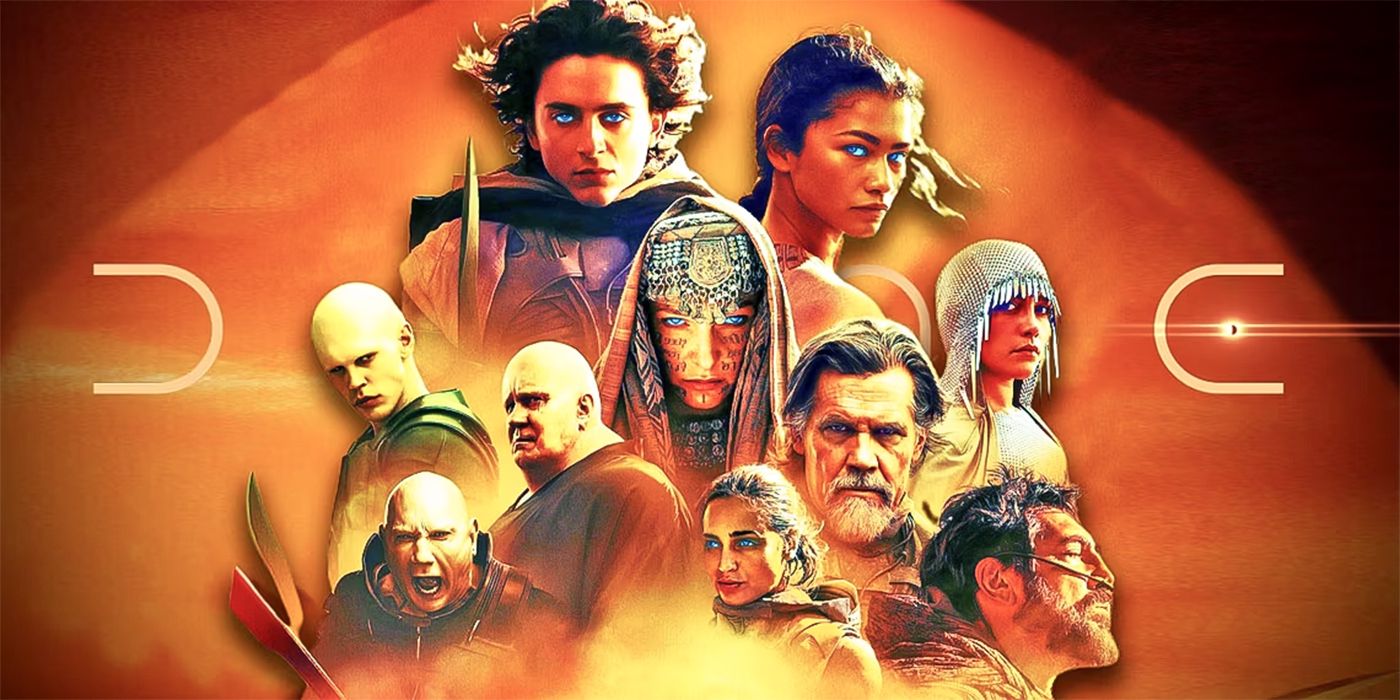
Related
‘It Makes No Sense to Me’: Dune 2 Star Blasts Denis Villeneuve’s Best Director Oscar Snub
Dune: Part Two star Josh Brolin doesn’t appreciate the Academy Awards leaving Denis Villeneuve out of the Best Director Oscar nominees.
This unfortunate status hides a film that — while undeniably flawed — still holds a number of strong elements. As time has passed, fans have noticed the better angels of its nature, leading to an improvement in its reputation. Herbert himself defended the film in the years before his death in 1986, notably in the introduction to his short story collection Eye where he praised its efficiency in delivering his world. It’s hard to deny the totality of it. However truncated or brief, it captures the essence of the Dune universe, including its complicated politics, entities like the Bene Gesserit, and the barely human Spacing Guild whose use of the spice makes interstellar travel possible.
Dune Improves with Multiple Viewings
The Distracting Exposition Can’t Hide a Gorgeous World
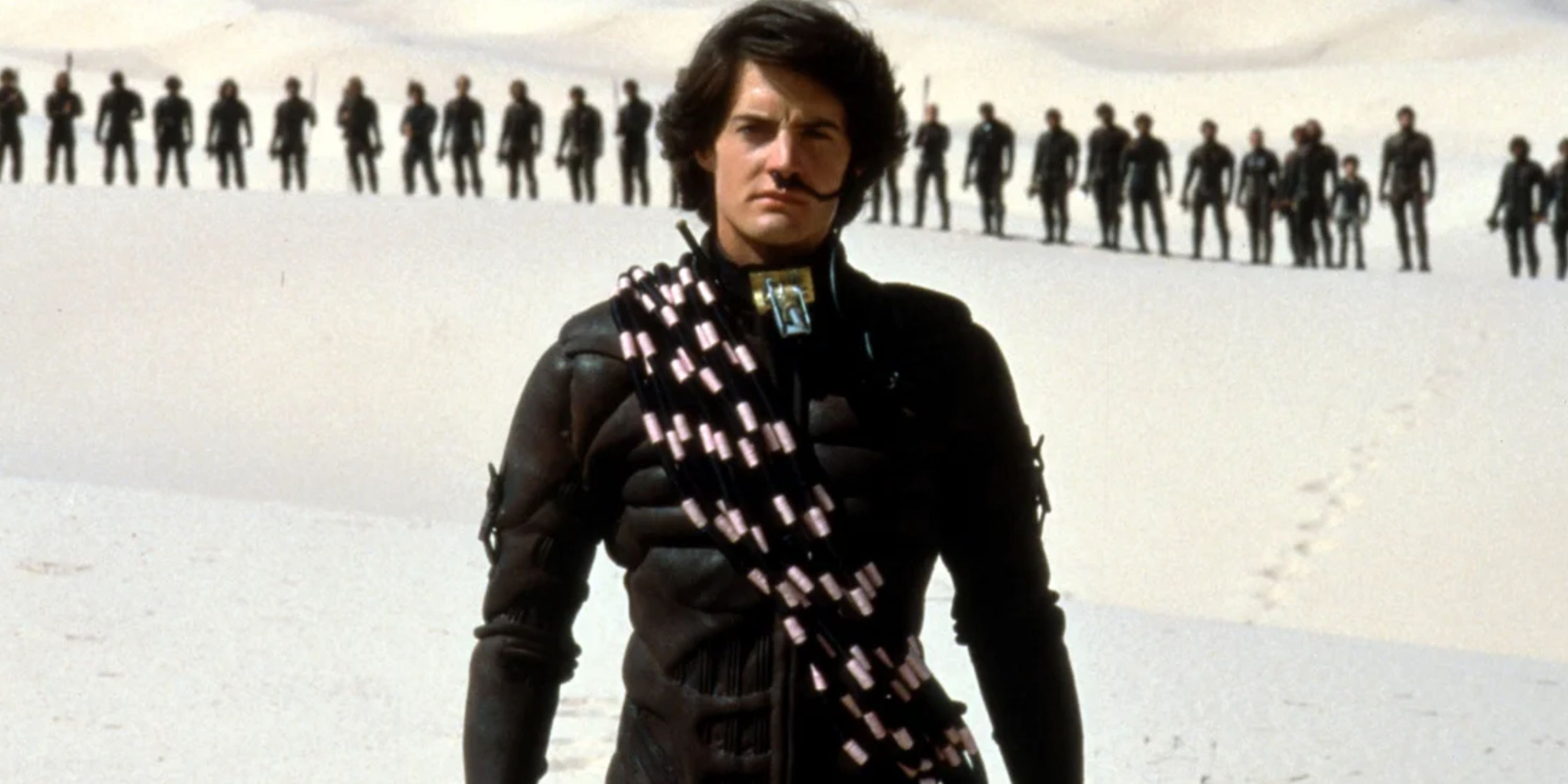
Dune is tasked with getting its audience up to speed, but those who know the story can simply soak in the universe, which is truly sumptuous. It draws distinctive lines between the rival houses, such as the Atreides and Harkonnens, as well as presenting the Bene Gesserits’ master plan. The planet Arrakis itself is evocative and fascinating, and Lynch’s surreal sensibilities find potent ground in Paul Atreides’ messianic visions of his assent.
Kyle MacLachlan also makes a very strong lead in his film debut as Paul. He takes a more mythic approach to the character than Timothée Chalamet’s doubting messiah, and his innocence is purer. He takes his mantle with excitement in his eyes, and there’s little question of his righteousness, giving him a sense of inevitability unhampered by pause or mistake. It approaches the novel’s religious overtones from a much different direction, and provides a contrast to Chalamet’s more widely seen turn as Paul.
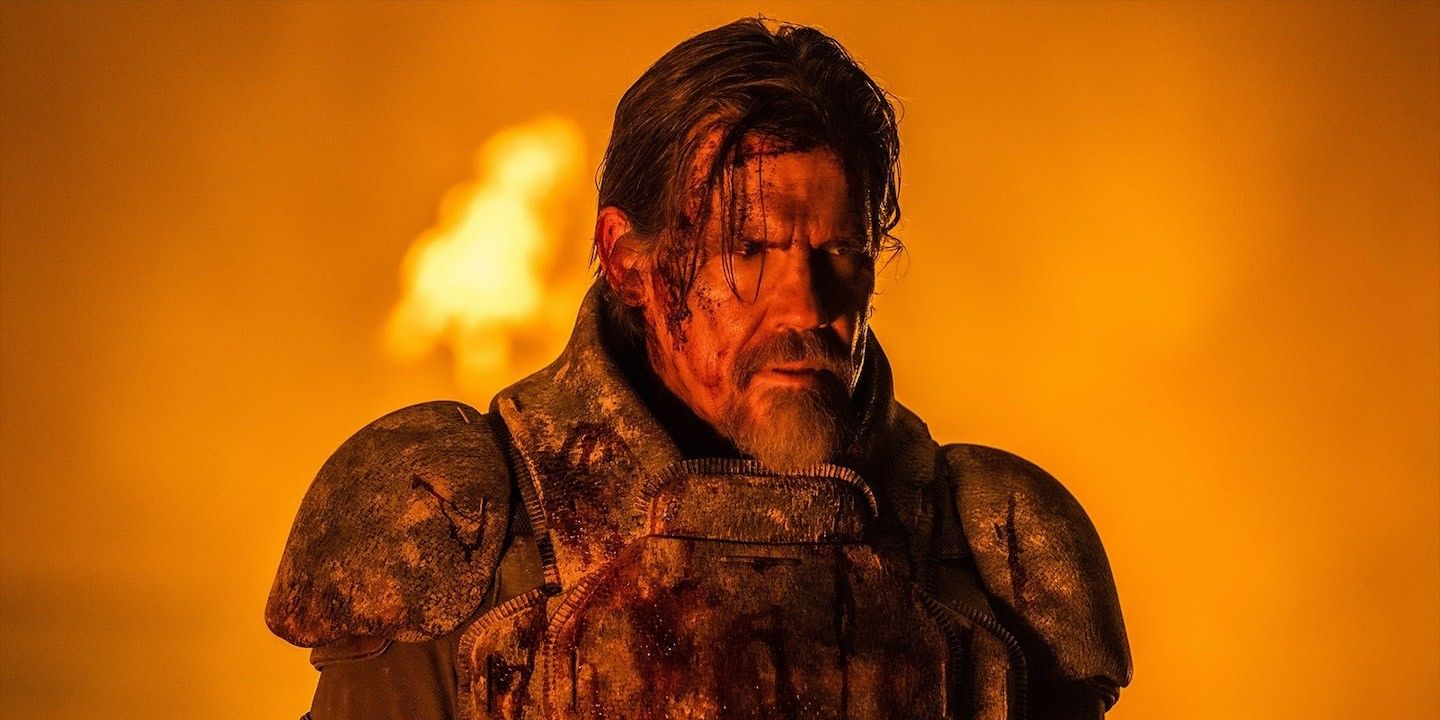
Related
Dune: Part Two Got a Series of Oscar Nominations, But Not the One Josh Brolin Wanted
Dune: Part Two was a major critical and commercial success and the Academy officially recognized its efforts.
The remaining cast is equally adept, which is no mean feat considering the script. One of the more interesting aspects of Frank Herbert’s universe is that it contains no sentient aliens. Rather, things like the Spice Melange and centuries of genetic engineering have rendered humans as strange as any alien. Lynch’s Dune embraces that side of the story, with a society as removed from the 21st century as the dark side of the moon. The Villeneuve version works hard to connect the audience to the characters despite their sci-fi surroundings. Lynch’s approach is the exact opposite, making it hard to connect with, at least at first. Yet it’s still true to the material.
Dune Is a Unique David Lynch Film
No Other Movie of Lynch’s Feels Like This One
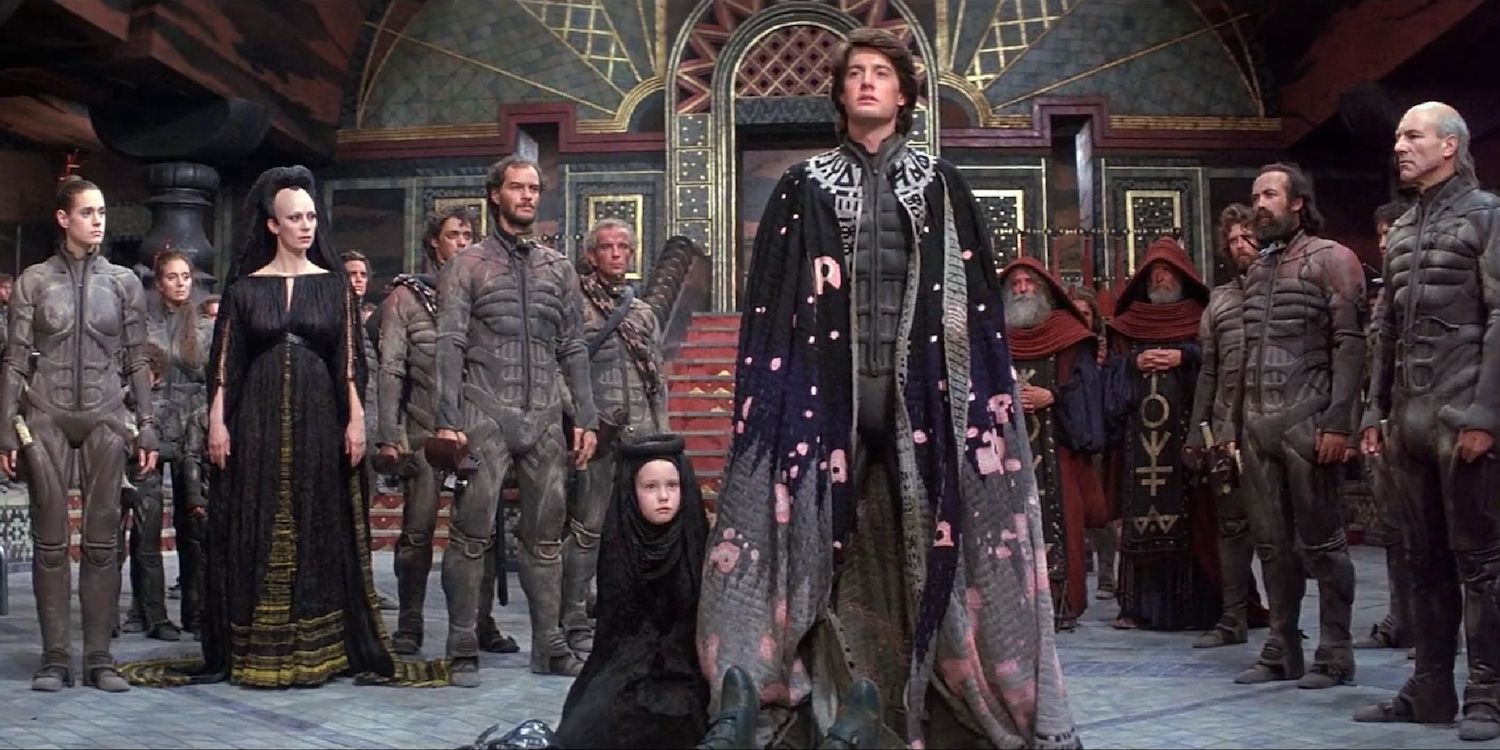
Perhaps most importantly, 1984’s Dune shows what a director like Lynch could do with a high budget and a lot of special effects to play with. The director thrived on the indie scene, where he could stay true to his vision and deliver movies on his terms. That makes it unique, and even with its flaws, the simple fact that he had such a large budget on Dune shows what his groundbreaking vision could accomplish on a large canvas.
No one will know what his three-hour cut would have looked like, but the framework of something magnificent can be seen in the wreckage of the original release. It brings fans back despite its shortcomings, and there are enough fascinating details to make repeat viewings more than worthwhile for certain fans. Between Lynch and Villeneuve, the SyFy Channel produced a two-part miniseries, Frank Herbert’s Dune, in 2000, followed by the sequel Children of Dune in 2003. It’s more accurate to the books, and received praise from critics, as well as being a ratings smash for SyFy.
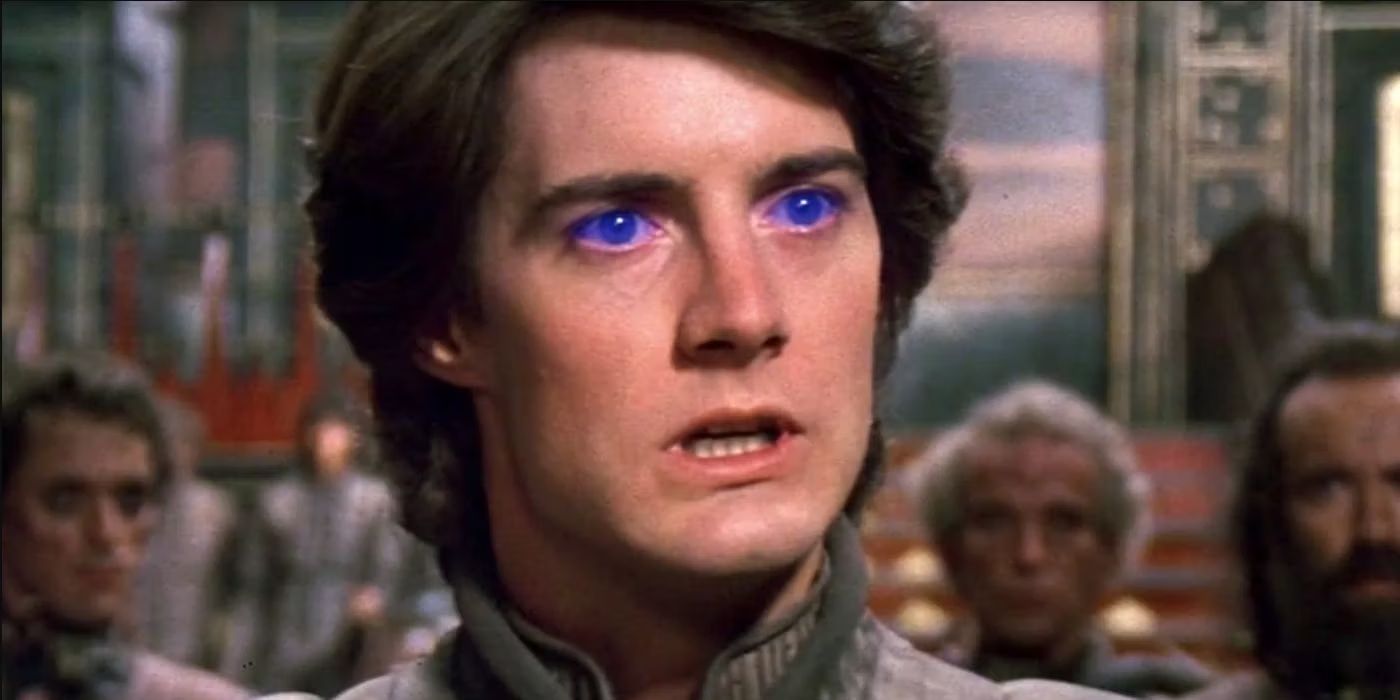
Related
Dune and Twin Peaks Star Kyle MacLachlan Shares Emotional Tribute for David Lynch
Kyle MacLachlan expresses his admiration and appreciation for the late, great David Lynch in a heartwarming statement posted online.
While respectable, however, it’s unduly stodgy, and doesn’t linger in the memory the way Lynch’s version does. It demonstrates the strengths of what was once considered an unconscionable failure, as well as highlighting the value of different takes on a classic novel. Villeneuve’s movies are the cream of the crop, of course, and will likely be the go-to version for the foreseeable future. The 1984 version, however, has become quietly indispensable for reasons of its own, something that would likely appall its director even as it confirms his greatness.
David Lynch’s Dune is now streaming on Max.

Dune
- Release Date
-
December 14, 1984
- Runtime
-
137 Mins
- Director
-
David Lynch
